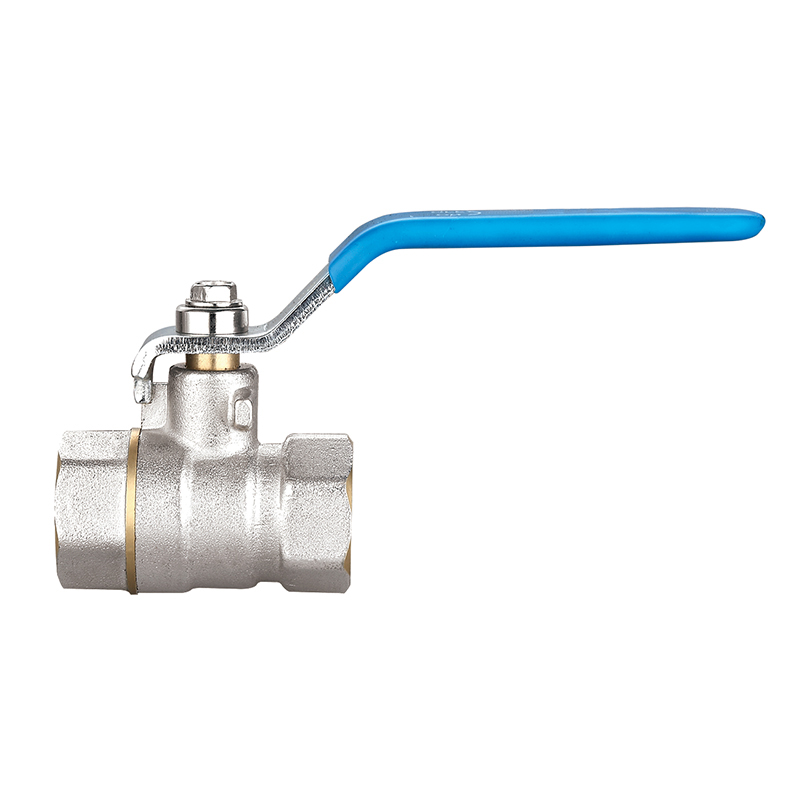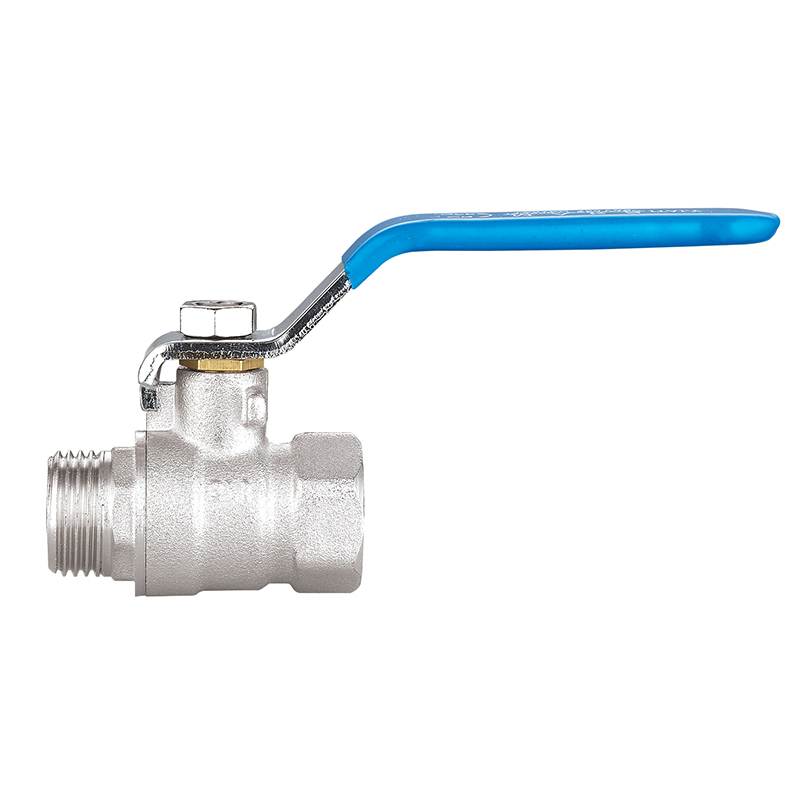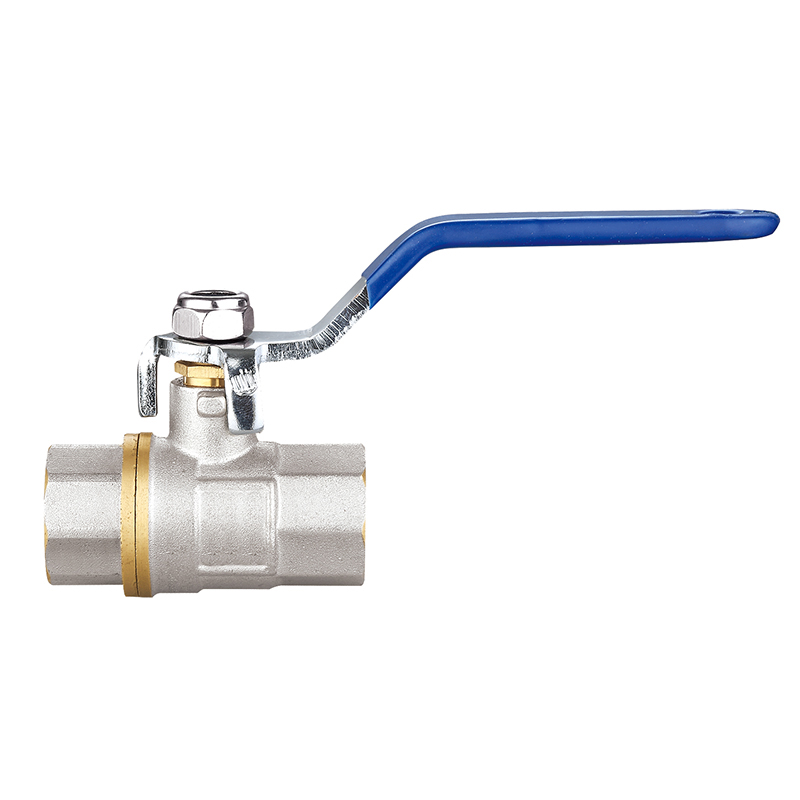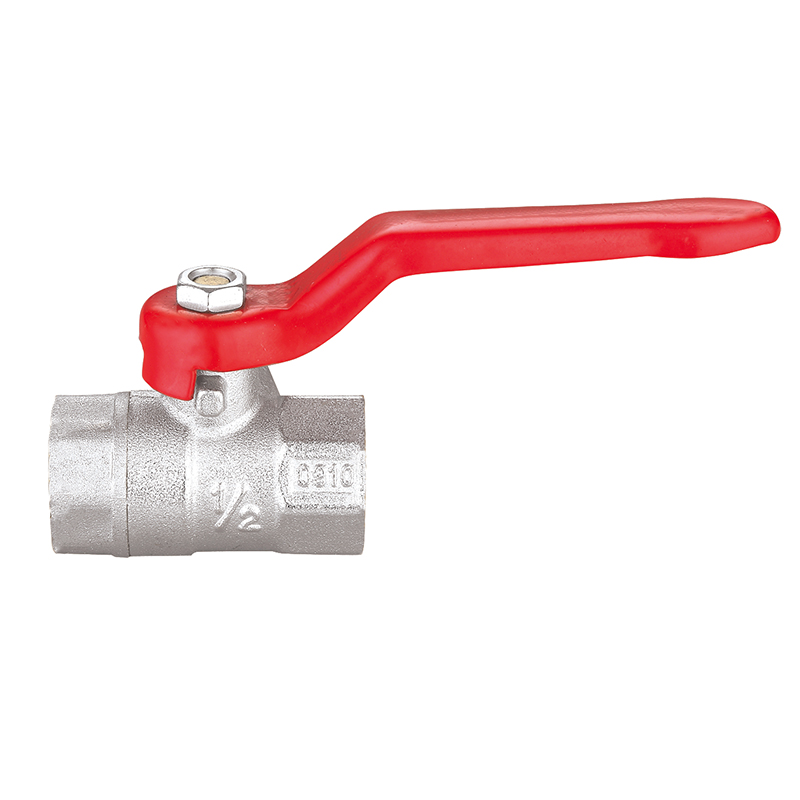Ensuring Reliability and Performance: The Rising Standards of Water Valves in Global Markets
2025-07-11
Water valves are fundamental components in fluid control systems across residential, commercial, and industrial sectors. From regulating household water supply to managing complex industrial processes, the performance and durability of these valves directly impact system efficiency, safety, and sustainability. Recognizing their critical role, manufacturers are increasingly focusing on stringent testing and quality assurance to ensure their products meet international standards and operate reliably under diverse pressure and temperature conditions.
The Vital Role of Water Valves in Fluid Control
Water valves control, regulate, and direct the flow of water within piping networks. They come in various types—ball valves, gate valves, globe valves, check valves, and butterfly valves—each tailored for specific applications and operational demands. Regardless of type, their reliability is because valve failure can lead to water loss, system downtime, or even safety hazards.
In modern infrastructure, valves serve not only as control points but also as critical elements in water conservation, energy efficiency, and system protection. Therefore, their performance under varying pressure levels and temperature fluctuations is a core factor in design and manufacturing.
International Standards and Certification: Guaranteeing Quality
To ensure consistent quality, water valves undergo rigorous testing protocols based on recognized international standards such as those set by ISO (International Organization for Standardization), ANSI (American National Standards Institute), API (American Petroleum Institute), and EN (European Norms). These standards define parameters for:
Pressure testing: Verifying valves can withstand operating pressures without leaking or structural failure.
Temperature resistance: Ensuring materials and seals perform reliably in cold or heat.
Material durability: Testing for corrosion resistance, mechanical strength, and chemical compatibility.
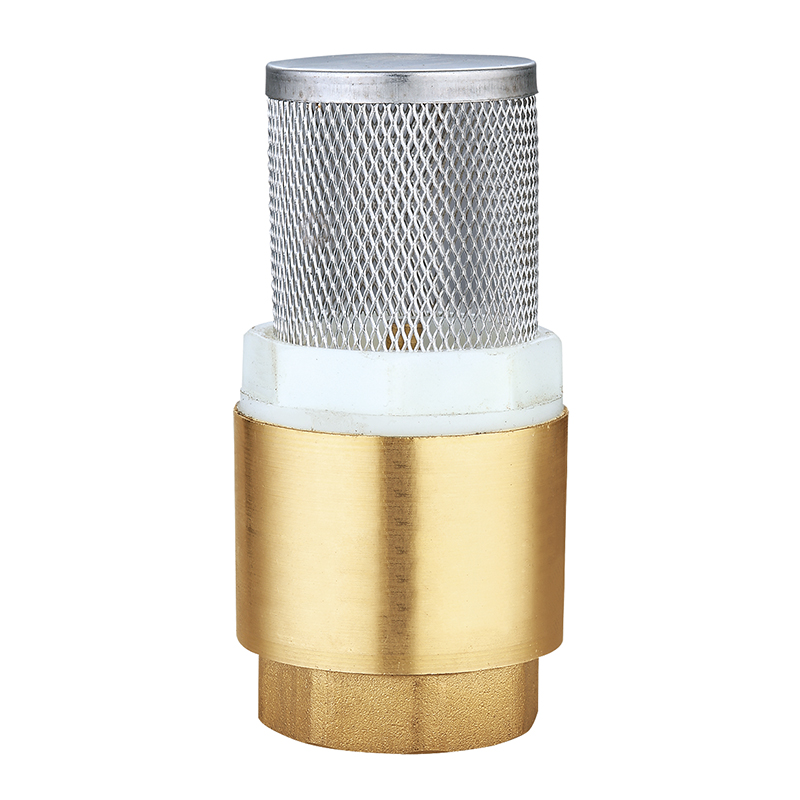
Operational longevity: Assessing valve cycles to simulate real-world wear and tear.
Leak tightness: Confirming valves maintain seals under static and dynamic conditions.
Products that pass these tests demonstrate reliability, safety, and suitability for critical applications worldwide.
Advances in Testing Technologies
The valve industry has benefited from advances in testing methodologies. Automated test benches now simulate complex pressure and temperature variations, providing real-time performance data. Non-destructive testing (NDT) techniques, including ultrasonic and radiographic inspections, detect internal flaws without damaging the valve.
Computational Fluid Dynamics (CFD) modeling also assists in predicting valve behavior under diverse operational scenarios before manufacturing, enabling design optimizations that enhance performance and durability.
Meeting the Challenges of Diverse Environments
Water valves must perform reliably in environments ranging from residential plumbing to oil and gas extraction, chemical processing, and municipal water treatment. Each environment presents unique challenges:
High pressure and temperature: Industrial plants and power generation facilities often require valves to withstand pressures exceeding hundreds of bars and temperatures above 500°C.
Corrosive fluids: Chemical plants and seawater applications demand materials and coatings that resist corrosion and degradation.
Variable flow rates: Valves must offer precise flow control to avoid water hammer or system imbalance.
Regulatory compliance: Environmental regulations necessitate valves that minimize leakage and facilitate water conservation.
Manufacturers focus on material science, precision machining, and seal technology to meet these challenges while maintaining compliance with safety and environmental standards.
Innovations Driving Valve Performance
Modern water valves incorporate innovative features to enhance performance and reliability:
Smart valves: Equipped with sensors and actuators for remote monitoring and automated control, improving system responsiveness and fault detection.
Enhanced sealing technologies: Use of advanced polymers and metal-to-metal seals that extend service life and reduce maintenance.
Modular designs: Facilitating easy repair and customization for different system requirements.
Eco-friendly materials: Adoption of lead-free brass and recyclable components to align with sustainability goals.
These innovations ensure that valves not only meet stringent standards but also adapt to the evolving needs of modern fluid systems.
Whether you want to become our partner or need our professional guidance or support in product selections and problem solutions, our experts are always ready to help within 12 hours globally.




 русский
русский Español
Español عربى
عربى